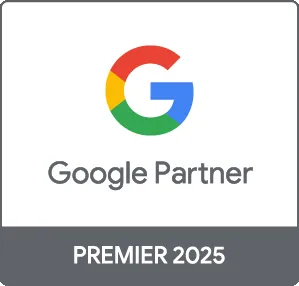PPC (Pay-Per-Click) advertising is a powerful tool for businesses looking to drive traffic and generate leads quickly and efficiently. However, simply running ads is not enough. To truly maximize your return on investment (ROI), you need to implement effective PPC advertising strategies. In this blog post, we’ll explore various approaches that can enhance your PPC campaigns, making them more impactful and cost-effective.
Understanding the Basics of PPC Advertising
PPC advertising involves placing ads on search engines or social media platforms where advertisers only pay when a user clicks on their ad. This model offers businesses control over their advertising budget and performance metrics, making it an appealing choice for both small and large companies alike.
1. Conduct Thorough Keyword Research
Identifying the right keywords is crucial for successful PPC advertising. Here’s how to conduct effective keyword research:
- Utilize Keyword Tools: Use tools like Google Keyword Planner or SEMrush to find relevant keywords with high search volumes and manageable competition.
- Focus on Long-Tail Keywords: These are more specific phrases that usually have lower competition and higher conversion rates, making them ideal for focused targeting.
- Analyze Competitors: Look at your competitors’ keywords to identify gaps in your strategy.
2. Create Compelling Ad Copy
Your ad copy is your first impression on potential customers. To make it effective:
- Highlight Unique Selling Points: What sets you apart? Make sure your ad clearly communicates this.
- Use Strong Call-to-Actions: Encourage clicks by using action-oriented language like 'Shop Now,' 'Get a Free Quote,' or 'Sign Up Today.'
- A/B Test Your Copies: Test different variations of your ad copy to see which resonates more with your audience.
3. Optimize Landing Pages
When users click on your ad, they should be taken to a landing page that aligns with the ad content:
- Maintain Consistency: Ensure your landing page message aligns with what the ad promised to avoid confusing the visitor.
- Implement Clear Navigation: Users should find it easy to navigate your landing page to complete the desired action.
- Include Trust Signals: Add testimonials, certifications, or guarantees to build trust and credibility.
4. Set Clear Goals and KPIs
Every PPC campaign should have clear objectives, whether it’s to increase sales, generate leads, or enhance brand awareness. Establish Key Performance Indicators (KPIs) to measure success, such as:
- Click-Through Rate (CTR)
- Conversion Rate
- Cost Per Acquisition (CPA)
- Return on Ad Spend (ROAS)
5. Monitor and Adjust Regularly
PPC campaigns require continuous monitoring and optimization:
- Review Analytics: Use tools like Google Analytics to track user behavior and campaign performance continuously.
- A/B Testing: Test different keywords, ad placement, and bidding strategies to find what works best.
- Adjust Bids Strategically: Increase or decrease bids based on performance to maximize ROI.
Conclusion
Implementing effective PPC advertising strategies can significantly enhance your marketing performance and ROI. By conducting thorough keyword research, creating compelling ad copy, optimizing landing pages, setting clear goals, and monitoring your campaigns, you can drive more targeted traffic and generate valuable leads. For personalized assistance with your PPC advertising needs, consider reaching out to Prebo Digital—experts in creating successful PPC strategies.





